Leica Q2 review: an artful composition
The premium compact Leica is a cut above the competition
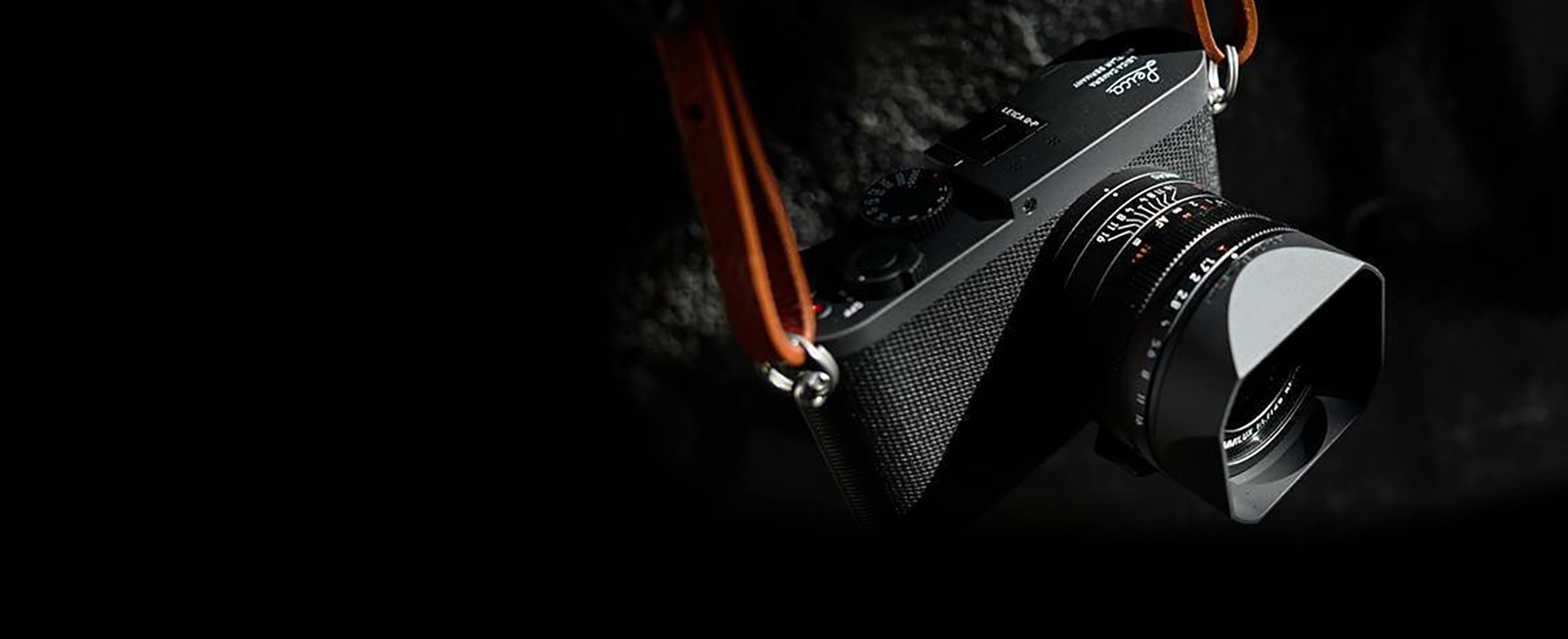
A free daily email with the biggest news stories of the day – and the best features from TheWeek.com
You are now subscribed
Your newsletter sign-up was successful
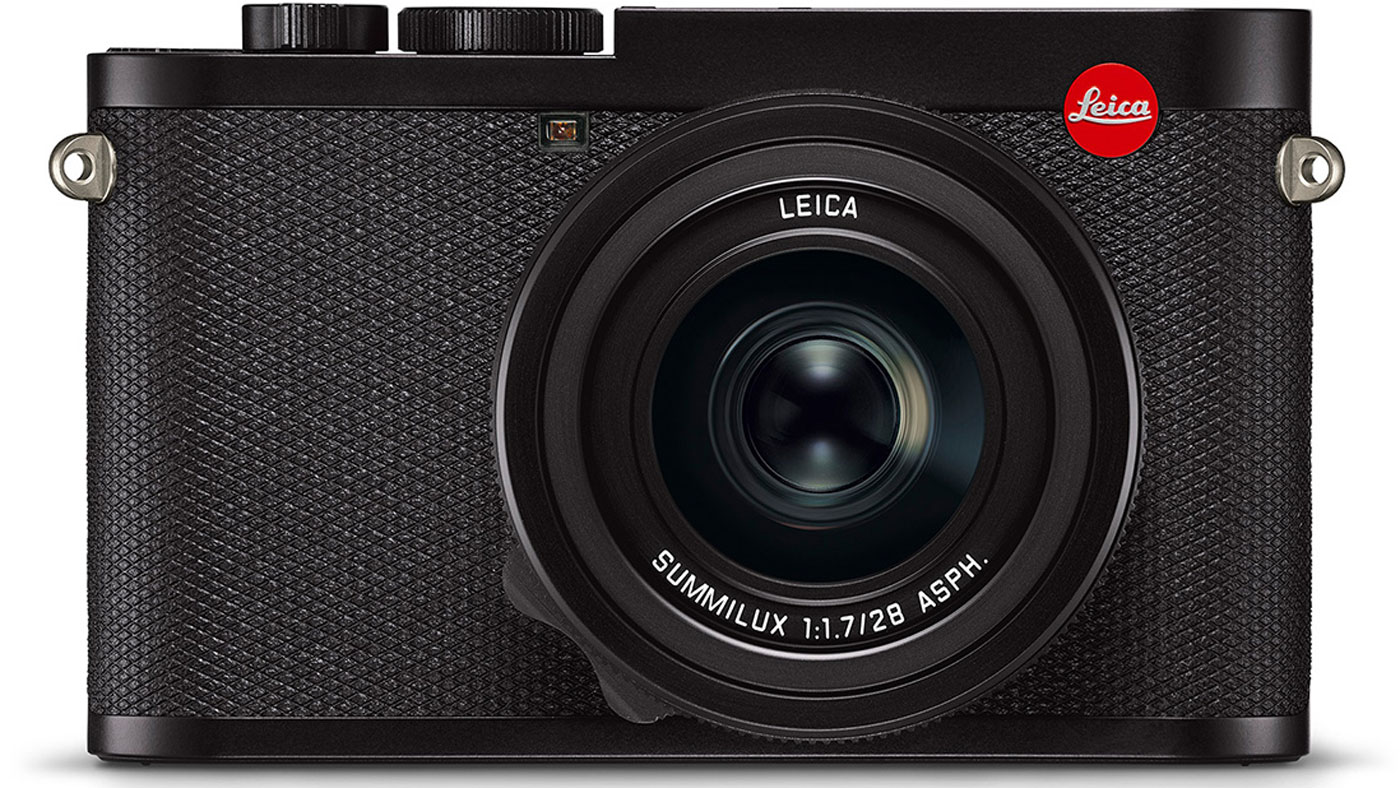
Leica’s Q2 is, at first glance, an odd beast. Handsome, of course - the minimalist design and matt-black finish are Leica through-and-through - but the spec sheet is somewhat puzzling.
In an era when even camera phones are offering powerful zooms, why build a camera with a single lens and a fixed focal length? Why build a compact camera at all, in fact, let alone one selling for well over £4,000?
Yet, as the name suggests, the Q2 is a sequel. Its predecessor, which had a similarly restricted format, was evidently a success worth replicating. And for all its idiosyncrasies, the Q2 is a delight to use, with an ultra-fast lens and advanced sensor that produce ethereally beautiful images.
The Week
Escape your echo chamber. Get the facts behind the news, plus analysis from multiple perspectives.

Sign up for The Week's Free Newsletters
From our morning news briefing to a weekly Good News Newsletter, get the best of The Week delivered directly to your inbox.
From our morning news briefing to a weekly Good News Newsletter, get the best of The Week delivered directly to your inbox.
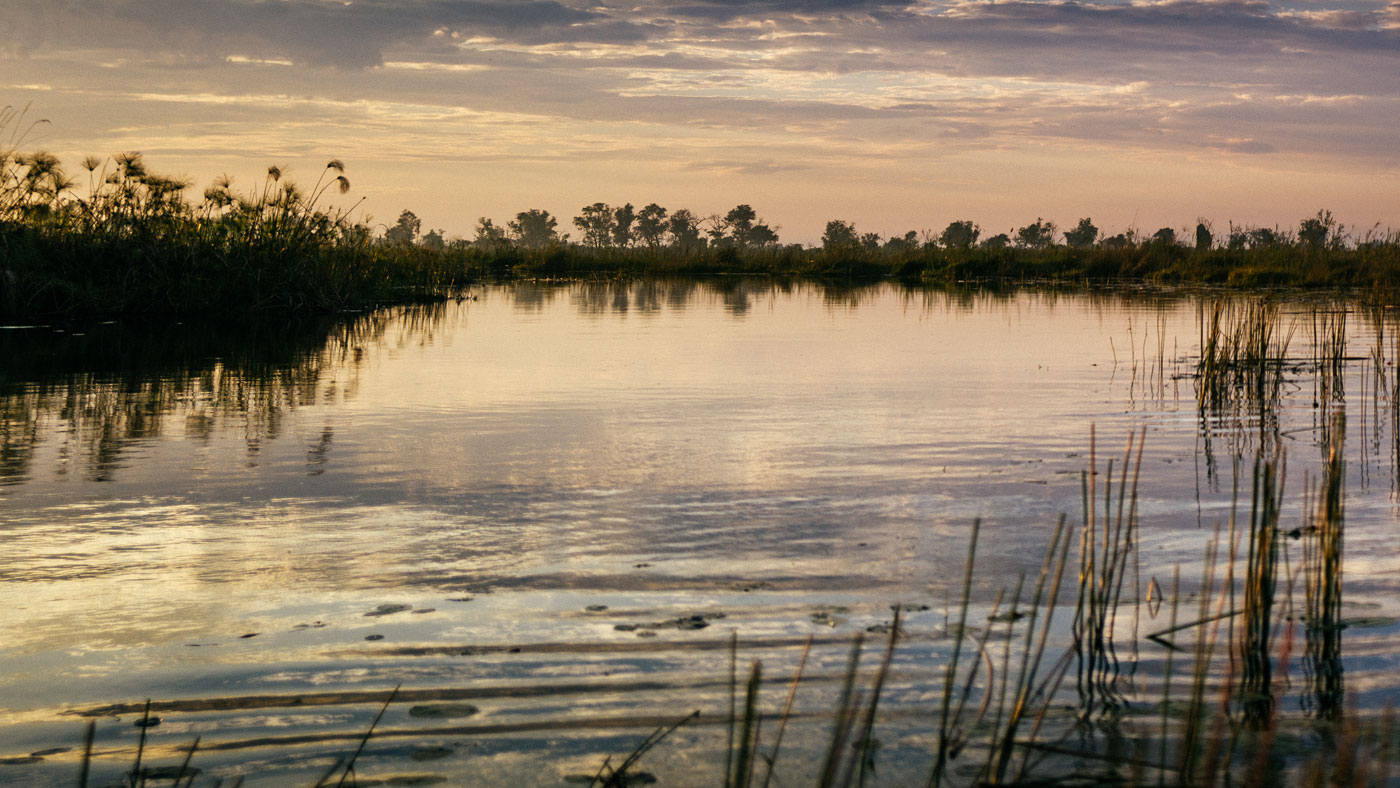
Headline specifications
The 28mm lens is, arguably, an un-Leica-like compromise. It’s not quite wide enough to be a true landscape specialist, but a little too wide for portraiture. It is, however, excellent for travel and street photography.
In any case, the huge, 47-megapixel sensor provides some leeway with that fixed focal length. Setting the digital zoom to 50mm (or cropping the photo afterwards, which amounts to the same thing), will leave you with a 14.6-megapixel image - plenty for most purposes.
What really sets it apart, though, is the unusually wide f/1.7 aperture, which crisply separates subject and background. Combined with optical image stabilisation and an ISO rating that can be pushed to 50,000, it also lets you capture usable images in the murkiest conditions.
A free daily email with the biggest news stories of the day – and the best features from TheWeek.com
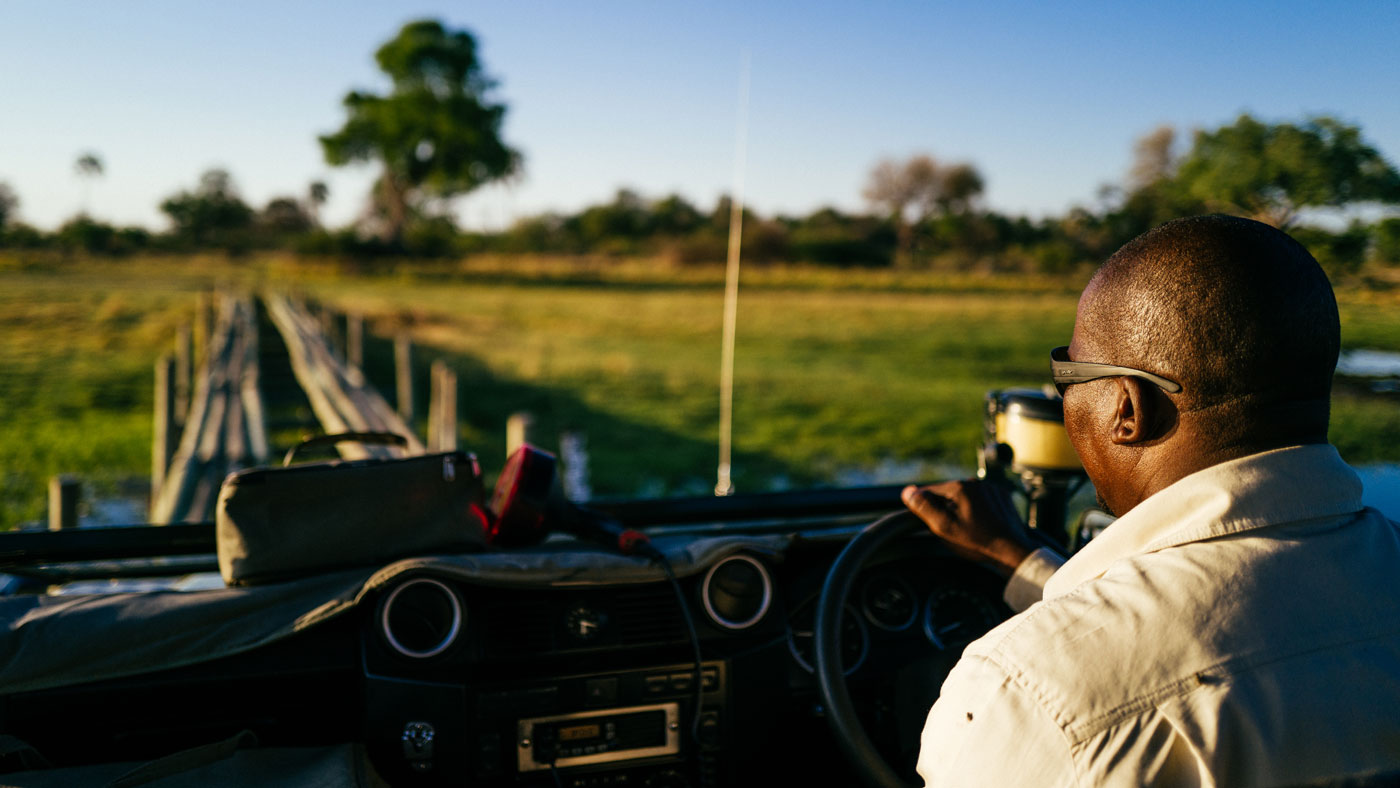
Design and usability
The Leica Q2 is compact and light, but its weatherproofed magnesium finish feels rugged. A built-in lens hood provides additional protection. The controls are robust, precise and satisfying to use, as you would expect from a Leica.
Given the relative simplicity of the camera, it has no shortage of dials and switches. The lens barrel has two control rings, one for focusing and the other for selecting aperture width, while a dial on top controls the shutter speed. All three can be set to auto.
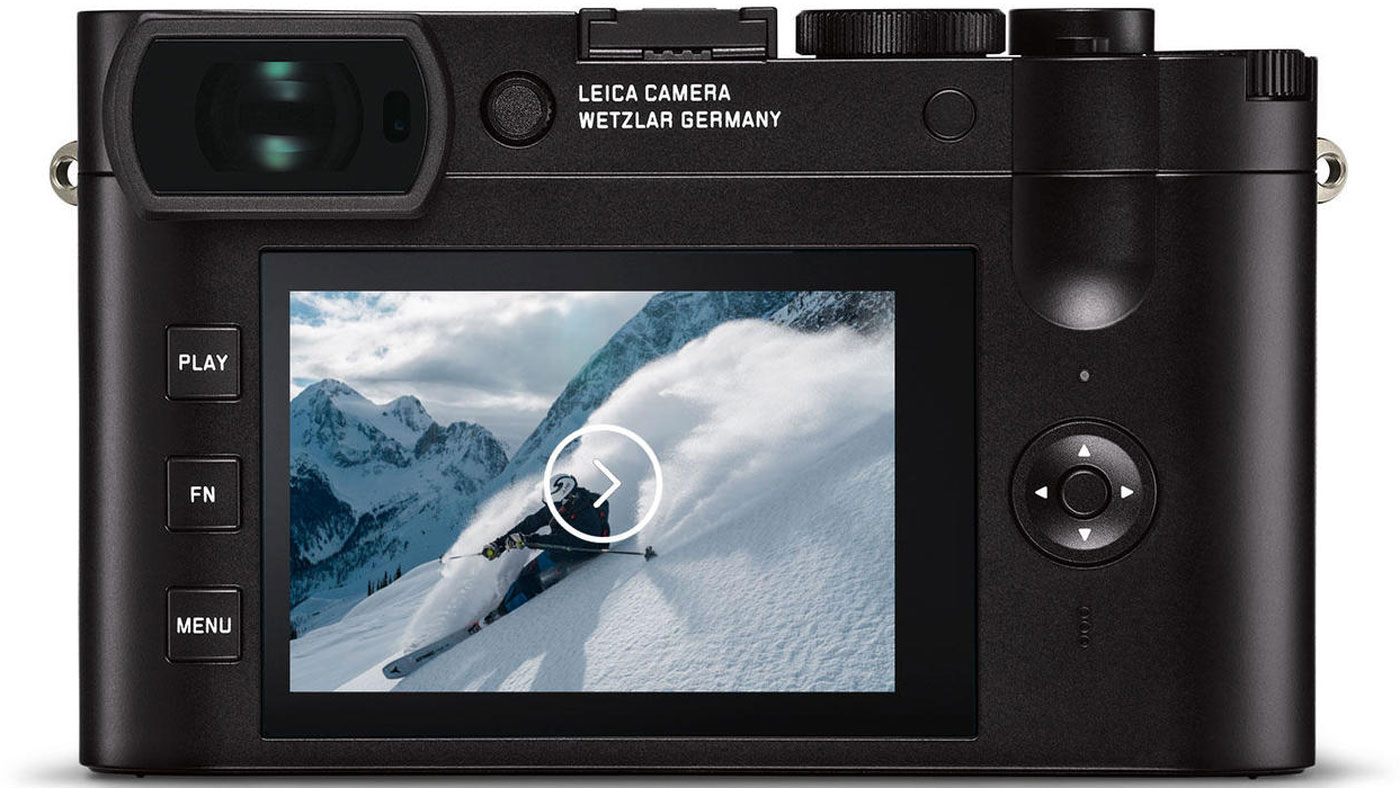
A thumb dial behind the shutter button can be customised, but defaults to exposure compensation, while a stubby little joystick below it selects the autofocus point, scrolls through images on the touchscreen display and navigates less frequently used settings in the digital menus. The interface quickly feels intuitive: after initial set-up, you will rarely have to use anything other than the primary controls.
Although the rear screen can be used to compose images, most photographers will gravitate to the electronic viewfinder. It may be slightly disorientating at first if you’re used to an optical system, but the tiny 3.68-megapixel screen is impeccably sharp and bright - particularly useful when you’re focusing by hand.
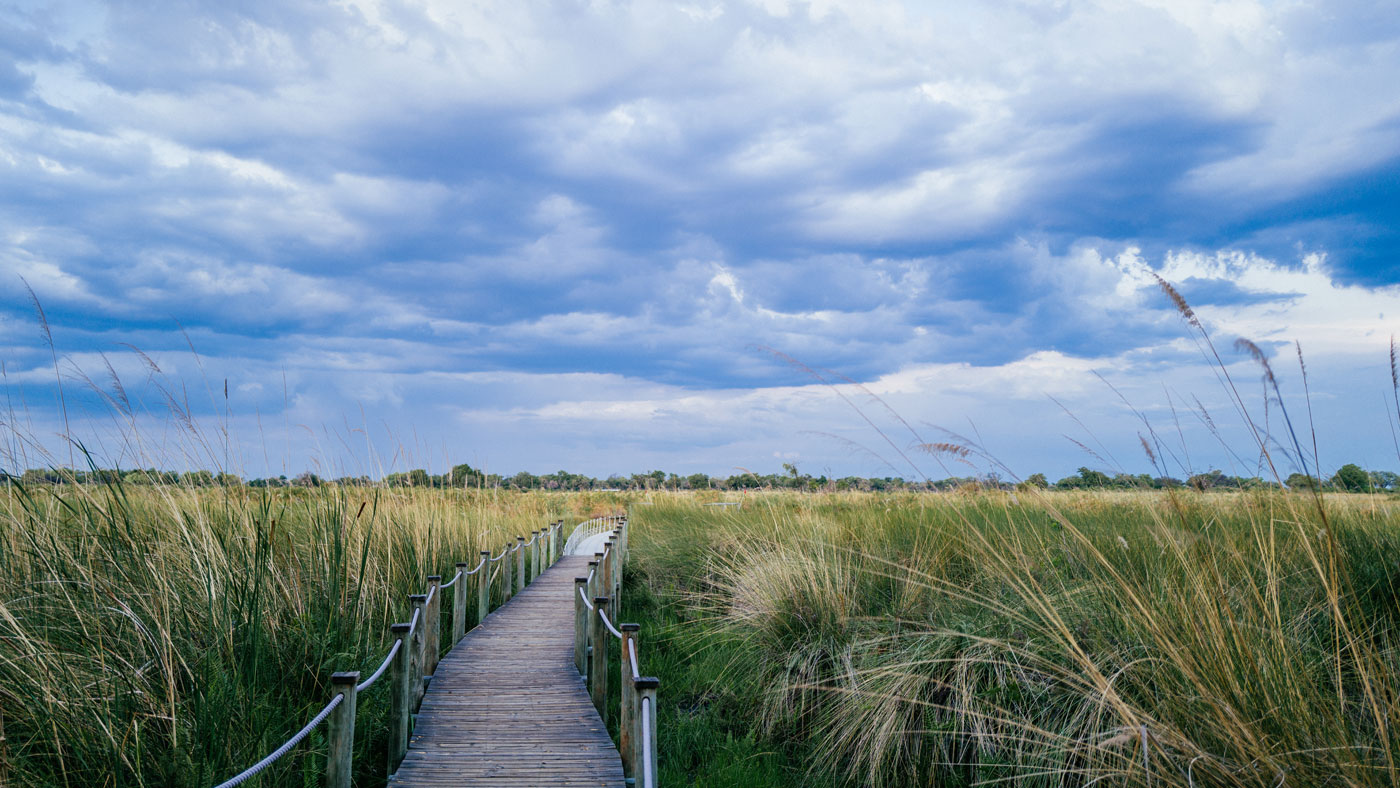
Image quality
The results from the Leica Q2 are technically excellent - sharp and detailed across the frame, or with sumptuously soft backgrounds when you want the subject to stand out. But that’s really only half the story: this is also a camera that encourages creativity.
Since the fixed lens prevents you zooming in for the predictable shot, you will be forced to slow down, think about composition and reframe your image around details you had originally not seen. Along with the wafer-thin depth of field, this process can imbue run-of-the mill scenes with atmosphere and artistry.
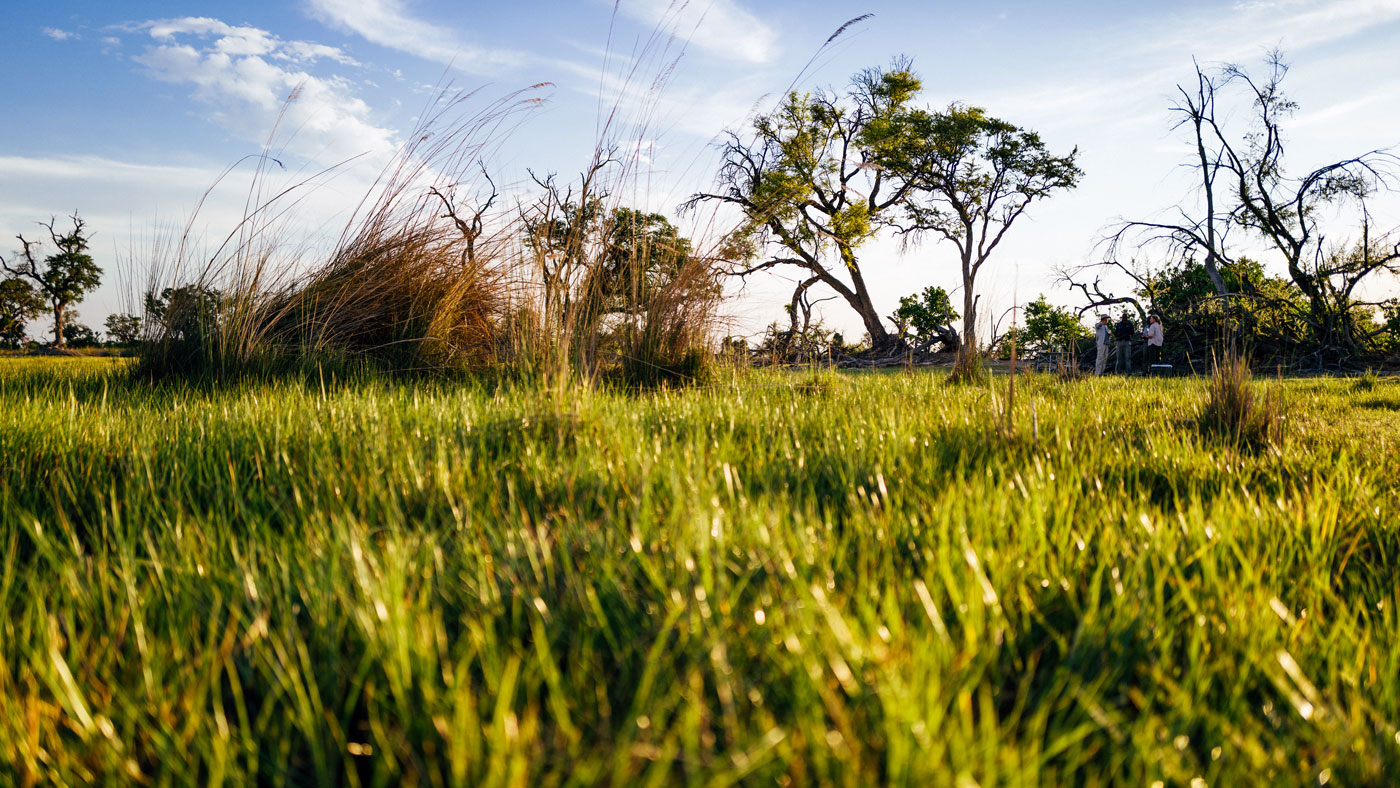
Conclusion
Leica has always ploughed its own furrow, less subject to the mundane constraints of practicality and value for money. In the Q2, it has created a camera that is much less mad than it might seem. Whether or not it represents value for money is an individual calculation, but it is certainly both practical and a pleasure to use.
Yes, it has its limitations, but treat them as a challenge and it will make you a better photographer - just as the restrictive rules of poetry encourage a writer to rise above the prosaic.
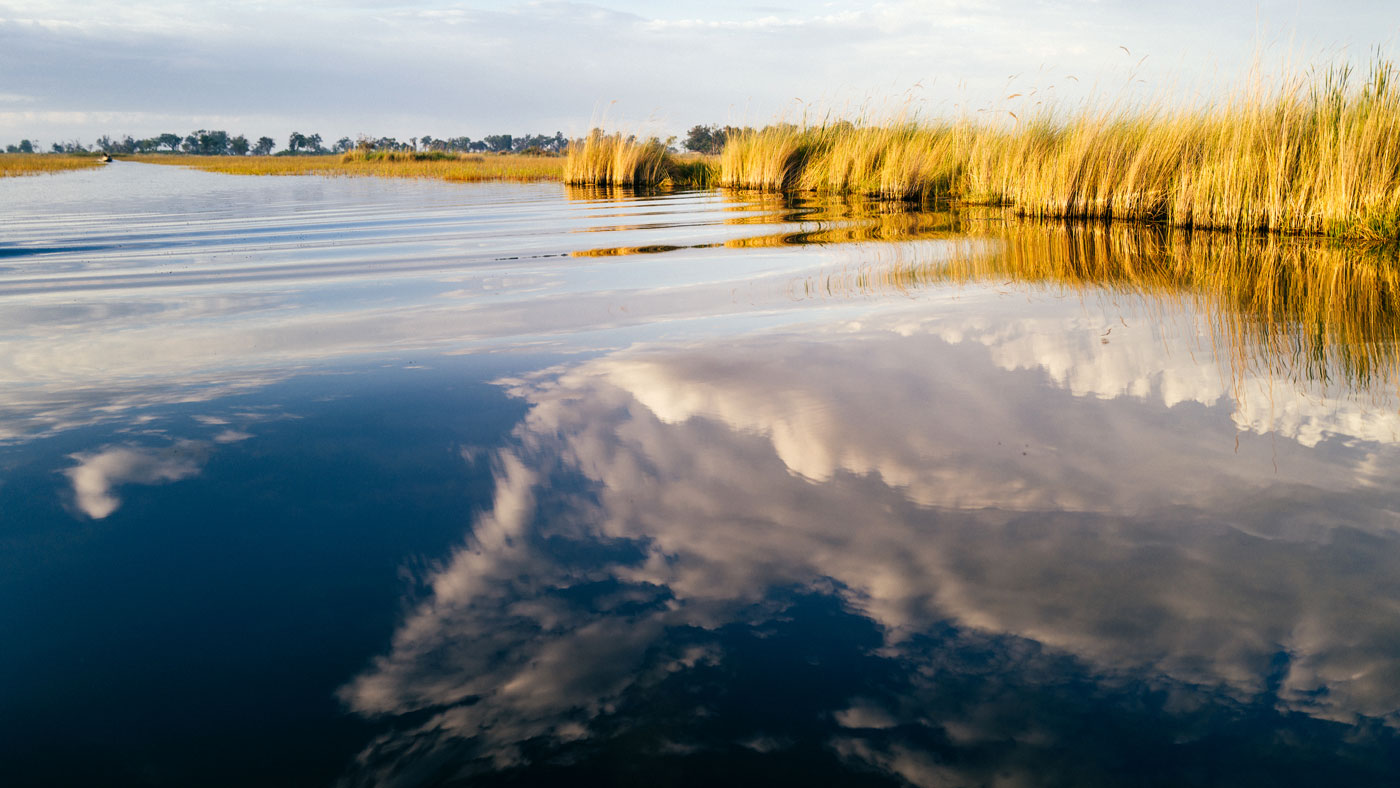
Leica Q2, £4,500, leica-camera.com
Holden Frith is The Week’s digital director. He also makes regular appearances on “The Week Unwrapped”, speaking about subjects as diverse as vaccine development and bionic bomb-sniffing locusts. He joined The Week in 2013, spending five years editing the magazine’s website. Before that, he was deputy digital editor at The Sunday Times. He has also been TheTimes.co.uk’s technology editor and the launch editor of Wired magazine’s UK website. Holden has worked in journalism for nearly two decades, having started his professional career while completing an English literature degree at Cambridge University. He followed that with a master’s degree in journalism from Northwestern University in Chicago. A keen photographer, he also writes travel features whenever he gets the chance.
-
 The ‘ravenous’ demand for Cornish minerals
The ‘ravenous’ demand for Cornish mineralsUnder the Radar Growing need for critical minerals to power tech has intensified ‘appetite’ for lithium, which could be a ‘huge boon’ for local economy
-
 Why are election experts taking Trump’s midterm threats seriously?
Why are election experts taking Trump’s midterm threats seriously?IN THE SPOTLIGHT As the president muses about polling place deployments and a centralized electoral system aimed at one-party control, lawmakers are taking this administration at its word
-
 ‘Restaurateurs have become millionaires’
‘Restaurateurs have become millionaires’Instant Opinion Opinion, comment and editorials of the day
-
 Friendship: 'bromance' comedy starring Paul Rudd and Tim Robinson
Friendship: 'bromance' comedy starring Paul Rudd and Tim RobinsonThe Week Recommends 'Lampooning and embracing' middle-aged male loneliness, this film is 'enjoyable and funny'
-
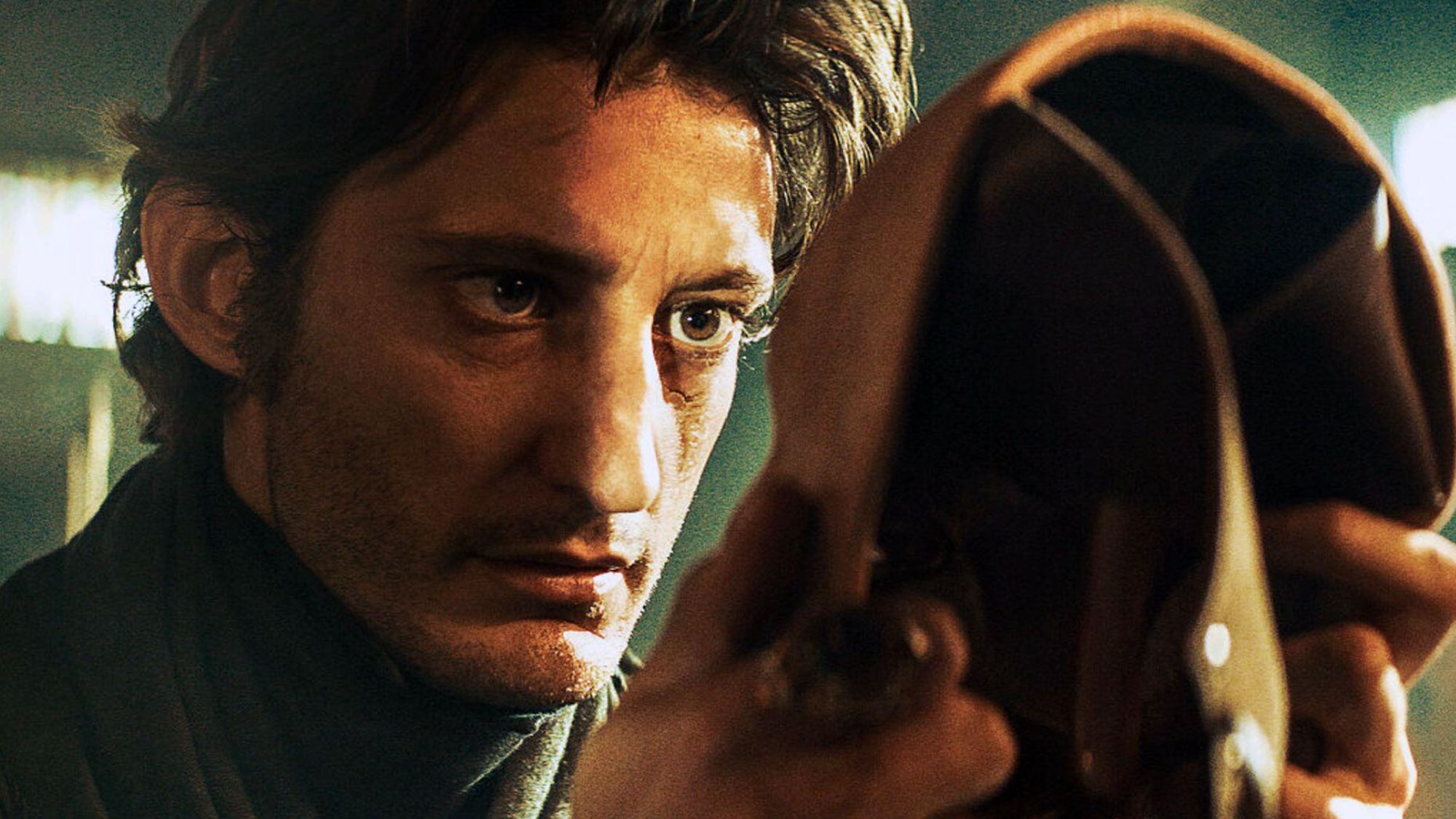 The Count of Monte Cristo review: 'indecently spectacular' adaptation
The Count of Monte Cristo review: 'indecently spectacular' adaptationThe Week Recommends Dumas's classic 19th-century novel is once again given new life in this 'fast-moving' film
-
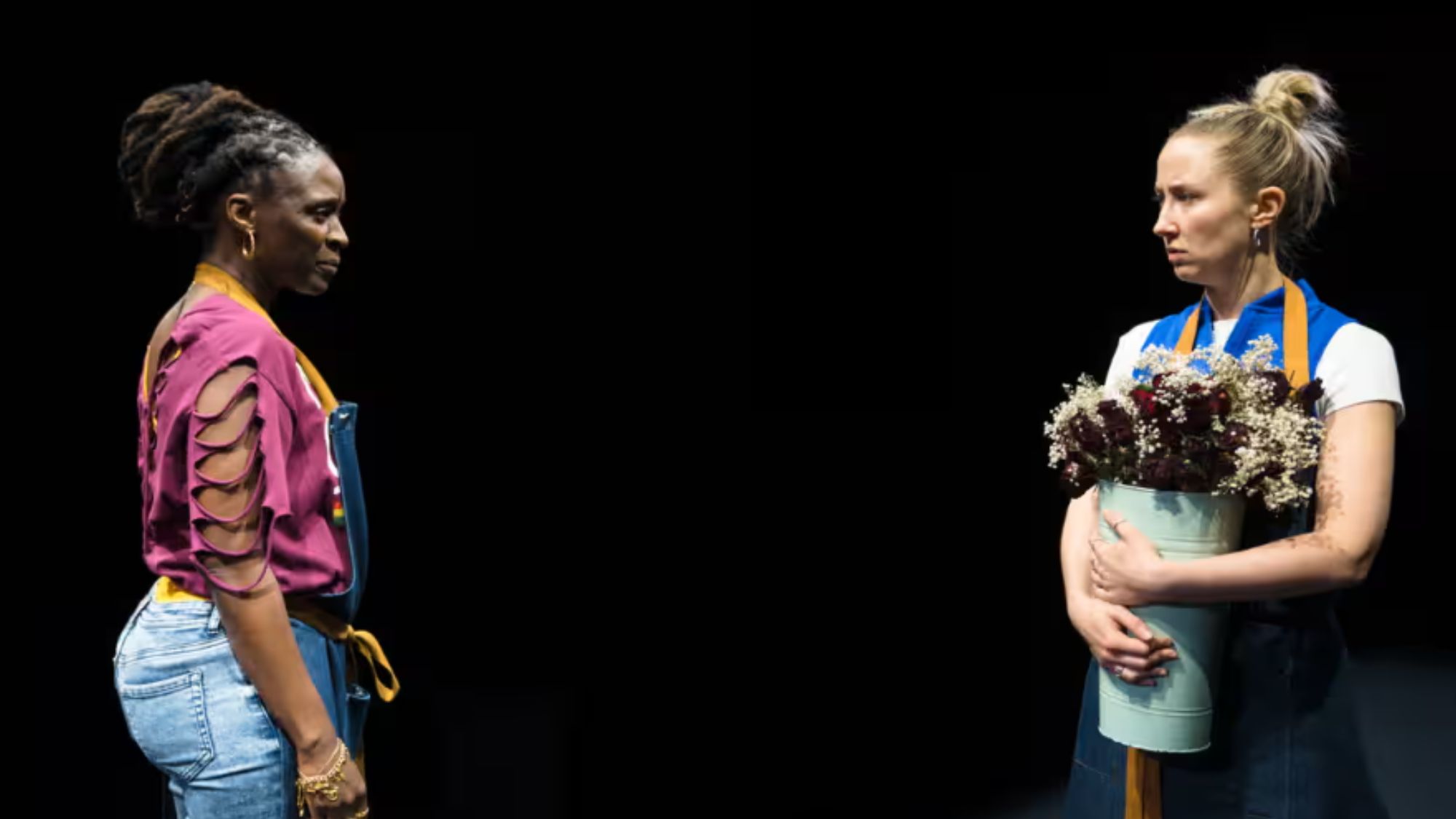 Death of England: Closing Time review – 'bold, brash reflection on racism'
Death of England: Closing Time review – 'bold, brash reflection on racism'The Week Recommends The final part of this trilogy deftly explores rising political tensions across the country
-
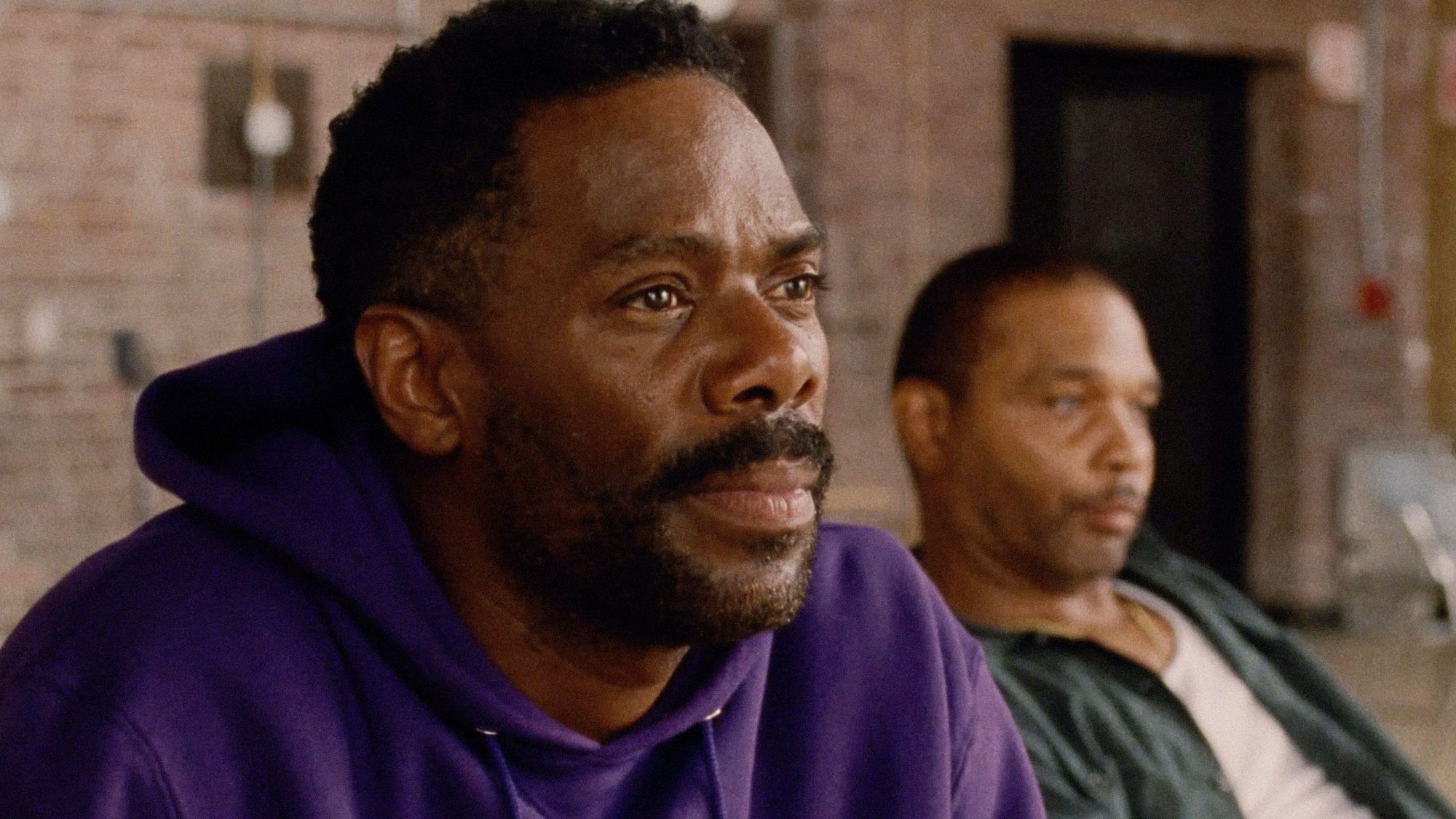 Sing Sing review: prison drama bursts with 'charm, energy and optimism'
Sing Sing review: prison drama bursts with 'charm, energy and optimism'The Week Recommends Colman Domingo plays a real-life prisoner in a performance likely to be an Oscars shoo-in
-
 Kaos review: comic retelling of Greek mythology starring Jeff Goldblum
Kaos review: comic retelling of Greek mythology starring Jeff GoldblumThe Week Recommends The new series captures audiences as it 'never takes itself too seriously'
-
 Blink Twice review: a 'stylish and savage' black comedy thriller
Blink Twice review: a 'stylish and savage' black comedy thrillerThe Week Recommends Channing Tatum and Naomi Ackie stun in this film on the hedonistic rich directed by Zoë Kravitz
-
 Shifters review: 'beautiful' new romantic comedy offers 'bittersweet tenderness'
Shifters review: 'beautiful' new romantic comedy offers 'bittersweet tenderness'The Week Recommends The 'inventive, emotionally astute writing' leaves audiences gripped throughout
-
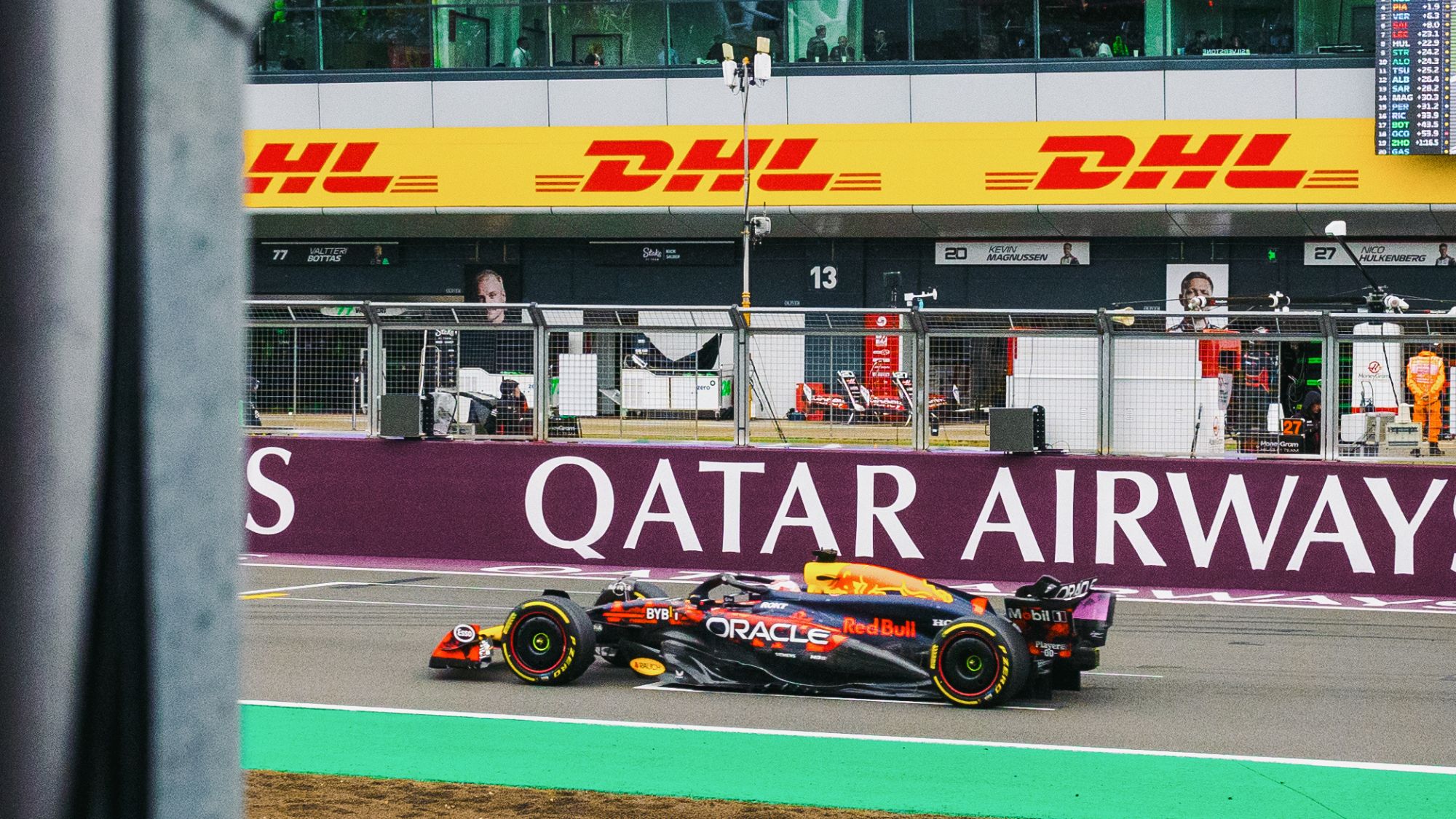 How to do F1: British Grand Prix 2025
How to do F1: British Grand Prix 2025The Week Recommends One of the biggest events of the motorsports calendar is back and better than ever